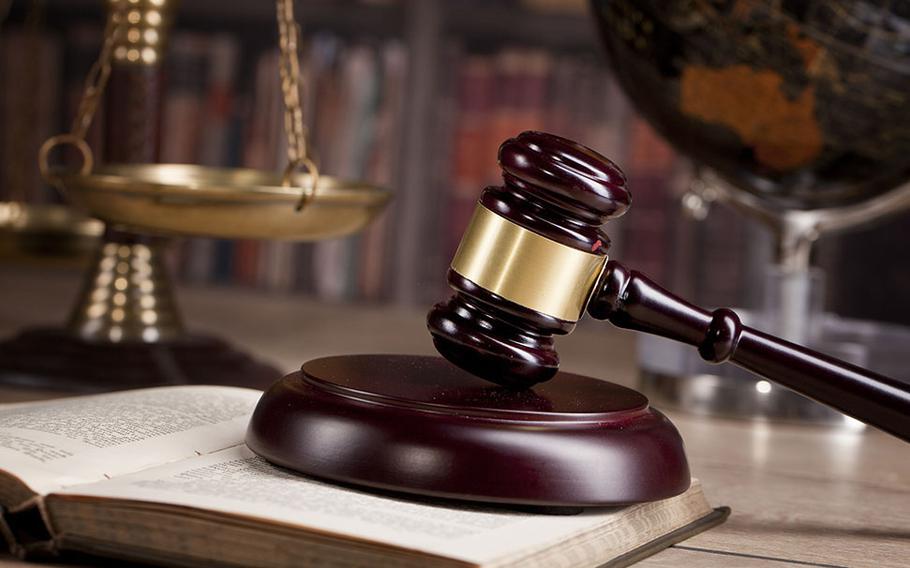
Another Colombian pleaded guilty in federal court in Florida on Dec. 11, 2024, on a charge stemming from the 2020 kidnapping of two U.S. soldiers at a bar in Bogota, Colombia. Pedro Jose Silva Ochoa, 47, pleaded guilty to conspiracy to kidnap an internationally protected person. (Justice Department)
A Colombian man who helped kidnap two U.S. Army soldiers in Bogota four years ago became the second person to plead guilty in the case, according to the Justice Department.
Pedro Jose Silva Ochoa, 47, appeared Wednesday in federal court in Florida, where he entered a guilty plea on a charge of conspiracy to kidnap an internationally protected person, the DOJ said in a statement the same day.
Sentencing is pending for Silva Ochoa, who court documents say is also known as Tata. The sentencing date is still undetermined, the statement said. According to court filings, he could face up to life in prison.
Besides Silva Ochoa, two other Colombians, Kenny Julieth Uribe Chiran and Jeffersson Arango Castellanos, were charged in the case.
Uribe Chiran, the last of the three to be extradited to the United States, is slated to go on trial in February. Arango Castellanos was sentenced in May to just shy of 49 years in prison.
The soldiers were on assignment in Colombia and were watching a soccer game March 5, 2020, at a bar in the upscale Zona T area of Bogota, according to court documents.
Prosecutors say the soldiers’ drinks were spiked with benzodiazepines, a form of tranquilizer, and the two were taken to a car where Silva Ochoa was waiting, according to court documents.
The trio stole their wallets, bank cards, cellphones and other valuables. One soldier was forced to reveal his PIN to the kidnappers, court filings said.
After using the cards at assorted places, the three “discarded the victims in separate locations in Bogota, leaving them to fend for themselves in an incapacitated state,” according to the court documents.
The unidentified soldiers did not show up for work the following day and were reported missing, court documents showed.
One soldier woke up in his apartment with no memory of how he got there, while the other was brought to a clinic after a bystander found him struggling to walk, authorities said.
Evidence suggested that the soldiers were sexually assaulted while unconscious, but that allegation could not be conclusively proved because of the long delay before their medical examinations, prosecutors told the court during proceedings involving Arango Castellanos.